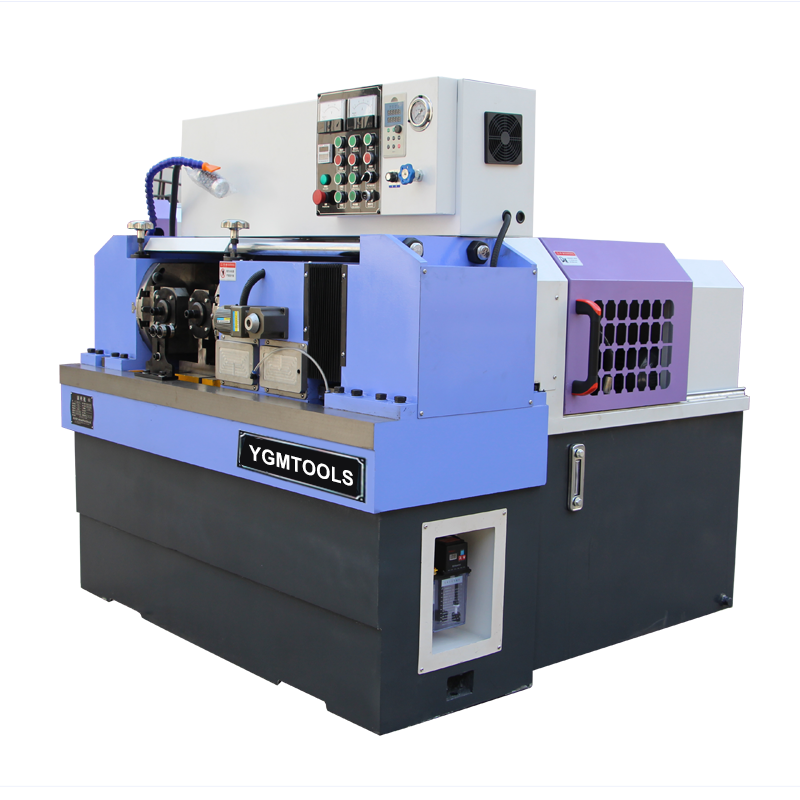
-
 Afrikaans
Afrikaans -
 Albanian
Albanian -
 Amharic
Amharic -
 Arabic
Arabic -
 Armenian
Armenian -
 Azerbaijani
Azerbaijani -
 Basque
Basque -
 Belarusian
Belarusian -
 Bengali
Bengali -
 Bosnian
Bosnian -
 Bulgarian
Bulgarian -
 Catalan
Catalan -
 Cebuano
Cebuano -
 Corsican
Corsican -
 Croatian
Croatian -
 Czech
Czech -
 Danish
Danish -
 Dutch
Dutch -
 English
English -
 Esperanto
Esperanto -
 Estonian
Estonian -
 Finnish
Finnish -
 French
French -
 Frisian
Frisian -
 Galician
Galician -
 Georgian
Georgian -
 German
German -
 Greek
Greek -
 Gujarati
Gujarati -
 Haitian Creole
Haitian Creole -
 hausa
hausa -
 hawaiian
hawaiian -
 Hebrew
Hebrew -
 Hindi
Hindi -
 Miao
Miao -
 Hungarian
Hungarian -
 Icelandic
Icelandic -
 igbo
igbo -
 Indonesian
Indonesian -
 irish
irish -
 Italian
Italian -
 Japanese
Japanese -
 Javanese
Javanese -
 Kannada
Kannada -
 kazakh
kazakh -
 Khmer
Khmer -
 Rwandese
Rwandese -
 Korean
Korean -
 Kurdish
Kurdish -
 Kyrgyz
Kyrgyz -
 Lao
Lao -
 Latin
Latin -
 Latvian
Latvian -
 Lithuanian
Lithuanian -
 Luxembourgish
Luxembourgish -
 Macedonian
Macedonian -
 Malgashi
Malgashi -
 Malay
Malay -
 Malayalam
Malayalam -
 Maltese
Maltese -
 Maori
Maori -
 Marathi
Marathi -
 Mongolian
Mongolian -
 Myanmar
Myanmar -
 Nepali
Nepali -
 Norwegian
Norwegian -
 Norwegian
Norwegian -
 Occitan
Occitan -
 Pashto
Pashto -
 Persian
Persian -
 Polish
Polish -
 Portuguese
Portuguese -
 Punjabi
Punjabi -
 Romanian
Romanian -
 Russian
Russian -
 Samoan
Samoan -
 Scottish Gaelic
Scottish Gaelic -
 Serbian
Serbian -
 Sesotho
Sesotho -
 Shona
Shona -
 Sindhi
Sindhi -
 Sinhala
Sinhala -
 Slovak
Slovak -
 Slovenian
Slovenian -
 Somali
Somali -
 Spanish
Spanish -
 Sundanese
Sundanese -
 Swahili
Swahili -
 Swedish
Swedish -
 Tagalog
Tagalog -
 Tajik
Tajik -
 Tamil
Tamil -
 Tatar
Tatar -
 Telugu
Telugu -
 Thai
Thai -
 Turkish
Turkish -
 Turkmen
Turkmen -
 Ukrainian
Ukrainian -
 Urdu
Urdu -
 Uighur
Uighur -
 Uzbek
Uzbek -
 Vietnamese
Vietnamese -
 Welsh
Welsh -
 Bantu
Bantu -
 Yiddish
Yiddish -
 Yoruba
Yoruba -
 Zulu
Zulu
High Quality Thread Rolling Machine - Precision Engineering Solutions
The Working Mechanism of High-Quality Thread Rolling Machines
Thread rolling machines play a pivotal role in the manufacturing industry, particularly in the production of high-quality threaded fasteners used across various applications. These machines function through a unique process that enhances the strength and precision of threads compared to traditional cutting methods. Understanding the working mechanism of high-quality thread rolling machines is essential for industries focused on efficiency and product durability.
At its core, thread rolling involves the deformation of material to create threads without removing any material. This is achieved through a process known as cold forming, where the workpiece is placed between two rolling dies. As the dies rotate and apply pressure, the material flows around them, gradually forming the desired thread profile. One of the primary advantages of this method is that it preserves the grain structure of the metal, resulting in threads that exhibit superior mechanical properties.
High-quality thread rolling machines are equipped with advanced features that enhance their functionality
. For instance, many machines incorporate programmable controls, allowing operators to adjust parameters such as speed and pressure with ease. This flexibility not only streamlines the manufacturing process but also ensures that each thread can be produced to precise specifications, minimizing variations and improving overall product quality.high quality thread rolling machine working

Moreover, these machines are designed to accommodate a variety of materials, from soft metals to high-strength alloys. The ability to work with different materials expands the range of applications for which thread rolling can be utilized. This versatility is critical in industries like automotive, aerospace, and construction, where threaded fasteners must meet stringent performance standards.
The efficiency of high-quality thread rolling machines also contributes to reduced manufacturing costs. By producing threaded components in bulk and with minimal waste, companies can achieve better profit margins. Furthermore, the durability of rolled threads decreases the likelihood of product failure, resulting in lower warranty claims and increased customer satisfaction.
In conclusion, high-quality thread rolling machines are essential for modern manufacturing, offering a superior alternative to traditional threading methods. Their ability to produce strong, precise threads while maintaining material integrity makes them invaluable in various industries. As technology continues to advance, these machines will undoubtedly evolve, further enhancing production capabilities and setting new benchmarks for thread manufacturing excellence.
